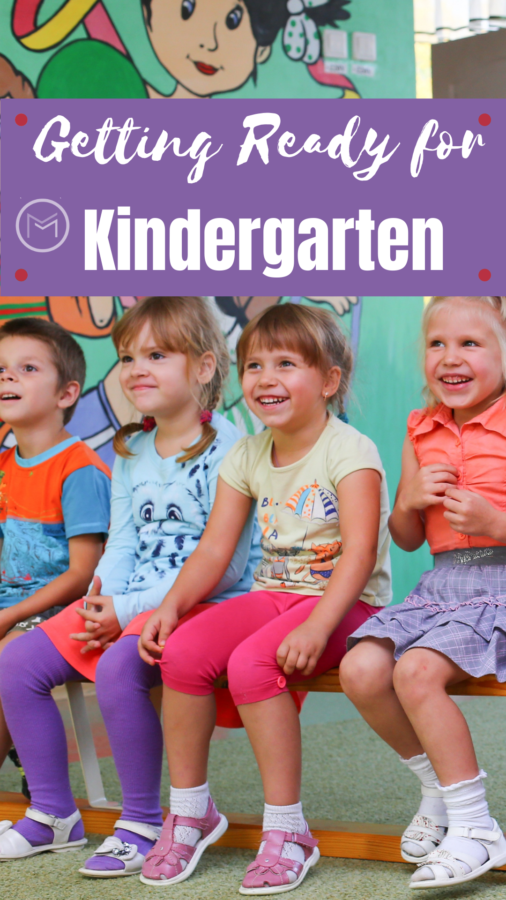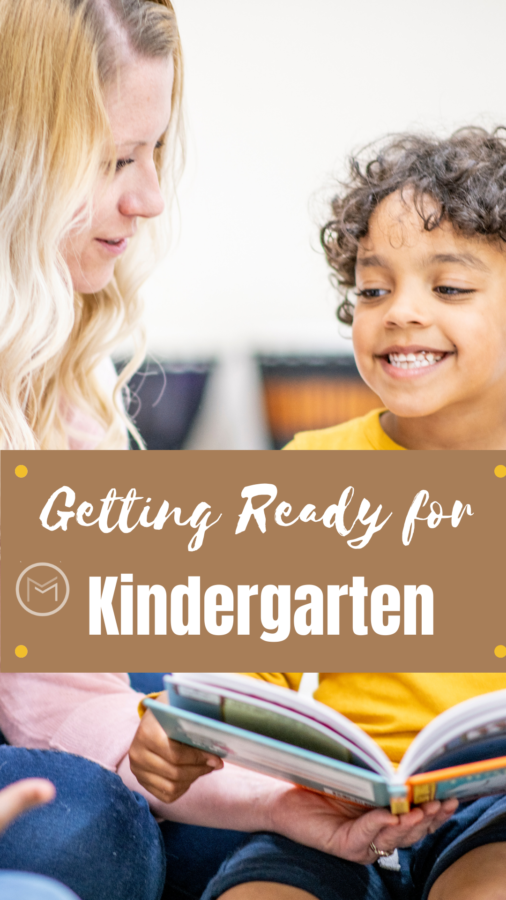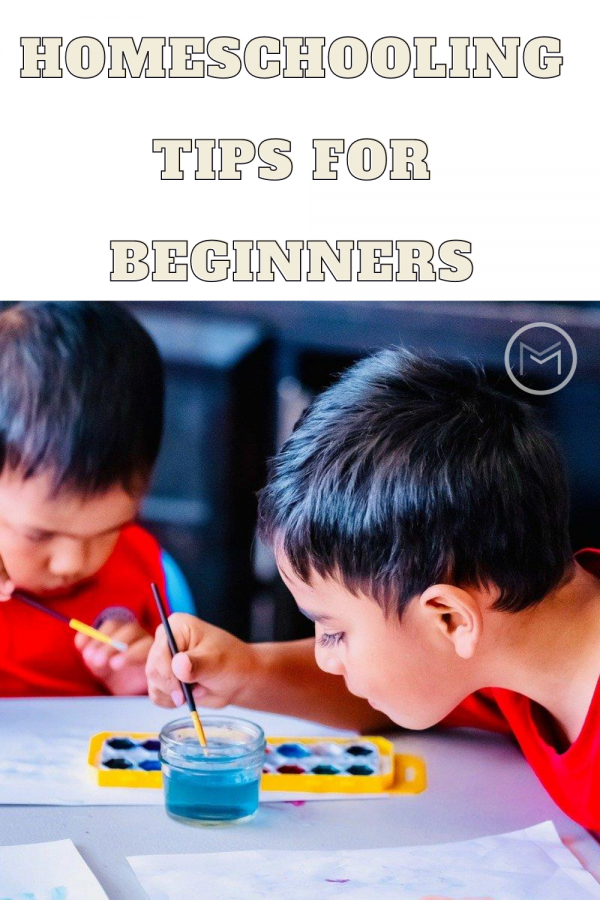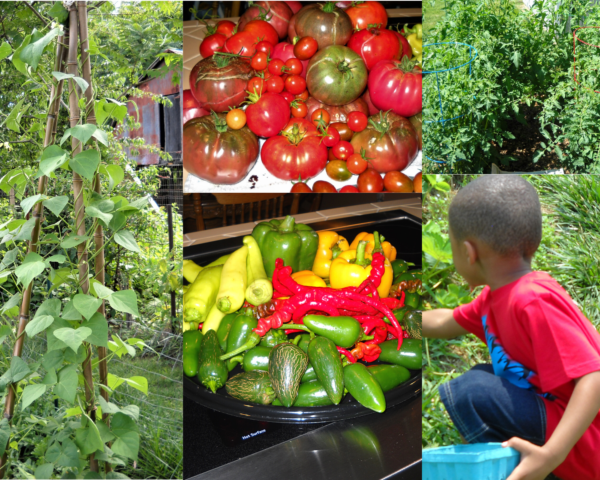Today, I’m sharing parenting tips on getting ready for kindergarten tips. Your child’s first day at school is a tremendous milestone. You need to make sure that you understand the challenges that you could face while preparing your child for kindergarten. You might have heard about children screaming and crying at the gate on their first day at school. Believe it or not, there are steps that you can take to avoid this situation.

Getting Ready for Kindergarten
Independence
Your child’s first day at school is a massive step in their movement towards independence from you. Children can find being apart from their parent difficult. As a result, crying and screaming becomes their way of dealing with their fears.
Preparing to embrace being away from you before their first day of kindergarten. First, it’s important to ensure that your child engages in independent play before attending kindergarten. They should not be with you every second of the day. Setting up play dates or having them spend time with trusted family members will guarantee that they get used to the idea.
Furthermore, another way that you can build up their independence is by making sure that they spend time at other places. For instance, you might want to think about sending them to preschool or nursery school. You could also consider getting them involved in little clubs and activity groups as well. This will help them develop more independence.
Getting Ready for Kindergarten Basics
Start teaching your children their colors, numbers, words and how to write before they attend kindergarten. In addition to teaching children basics, kindergarten helps socialize them. As a result, they feel comfortable as an active member of the class.
Teaching them prior to kindergarten gives them the right building blocks to succeed. One of the ways to build a strong educational foundation is to read to them. Read to them before bed. Setup a story time during the day before they take a nap.
Furthermore, teach them to understand the importance of letter-sound correspondence too. Kids are going to find it easier to grasp basic information that they need to read effectively. From an early age, make sure that you are talking to your child regularly and speaking clearly. This is going to make it easier for them to pick up how to use language effectively. That’s just one example of how you can help kids grasp education basics.

Eyesight And Hearing
Have your child’s hearing and eyesight checked before they start school. You may find that your child needs glasses. It is best to find out before your child struggles in class. Usually, there will be signs if there is a problem. For instance, they might be complaining that their eyes are sore. Or, they could be blinking more than usual. If you speak to a professional, then they will be able to explore the issue.
Sensory Issues
Some children do start to show signs of sensory issues around the time that they are starting school. For instance, it’s quite common for children to have issues with school uniforms because the collar on their shirt feeling constrictive. Make sure your child is comfortable in their uniform a few weeks before they start school. If the issue continues, ask your child’s principal about an alternative that they can wear.
Some kids will find the noise at school difficult. There are ways to deal with these issues head-on. For instance, if you recognize that your child has trouble with loud noises you might want to consider seeking professional help on the best method to help defuse the problem before they start school.
I hope these getting ready for kindergarten tips help prepare for your child’s first day at school. They will help them to have a great first day. This can be incredibly reassuring for any parent and their child. The more proactive you are in this situation, the easier you will find it when they walk through the school gates for the first time.
Of course, you need to prepare for their first day too. You need to make sure that you are ready to take the first step towards real independence for your child. The better prepared you are, the better prepared they will be.






